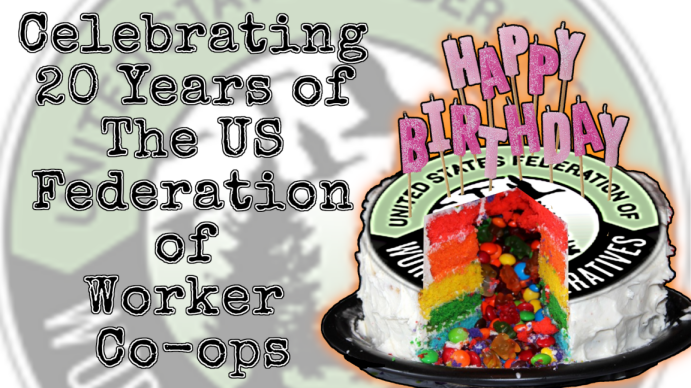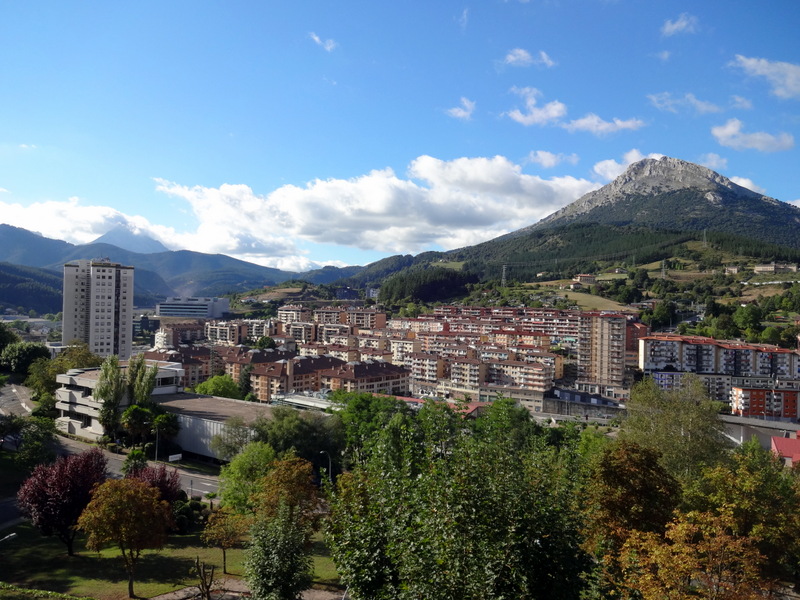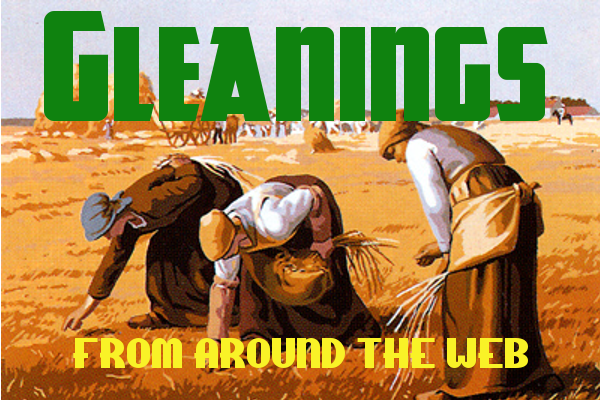
This week, we begin our celebration of the 20th Anniversary of the founding of the US Federation of Worker Cooperatives! We kick things off with look back how the Federation got it's start (and GEO's role in it), and a look forward at some of the articles we'll be posting throughout the rest of the year.
Then Bruce Reynolds, a veteran of the USDA's Rural Cooperatives Program, writes about the principle of maintaining indivisible reserves in cooperatives, the history of the concept, and how indivisible reserves strengthen cooperative's ties to their communities, and improve their resilience in times of economic hardship.
The US Worker Cooperative Movement Turns 20
by GEO Collective
When worker cooperators from all over the country gathered May 24-26, 2004 at the University of Minnesota – Minneapolis to form what was first named the US Federation of Worker Cooperatives and Democratic Workplaces, there had already been a few long-standing worker cooperatives around the country...While doing great work, and with a wealth of cooperative experience between them, before 2000 these somewhat isolated islands of democratic work and community care stood alone on the U.S. economic landscape, operating separately, and independent of each other.
The Benefits of Indivisible Reserves and their Connection to Communities
by Bruce J. Reynolds
The International Cooperative Alliance (ICA) issued a restatement of cooperative principles in 1995 that included the idea of indivisible reserves in its third principle as a discretionary option for cooperatives. When cooperatives build financial reserves, they may specify a certain share or all of it as indivisible, in other words, not transferrable to members. For cooperatives with indivisible reserves, closures of these businesses or acquisitions by private investors, would result in transfers of these designated capital funds to other cooperatives or to organizations supporting their communities.
A workers’ co-op rises from the remains of a Colorado mushroom farm
Colorado Sun — Alece Montez, co-executive director of the AJL Foundation, which came to the aid of the mushroom workers after they were forced out of work, said Nanda compounded his former employees’ problems by being “very elusive about the farm actually being bankrupt” in September and October of 2022...But Montez said some workers didn’t want to open unemployment cases, because they feared being deported or blocked from working for Nanda again should the mushroom farm, where portobello, crimini and button mushrooms were grown, ever reopen...
Tell the REI Board: Stop union busting & bargain a fair contract!
Action Network — Please sign our petition and demand that REI Leadership negotiate a contract in good faith by the end of this year. By adding your name below, you show solidarity for REI workers across the country and let the Co-op know you won’t settle for their refusal to bargain...
Rethinking the Future of Intentional Communities
FIC — Intentional communities have done a great deal in creating safe, nourishing, and sustainable spaces. However, how can communities measure up to a meaningful impact in the context of larger society? To truly become pivot points upon which humanity can turn towards a better future, we need to take a step further; we need to see more collaboration and coordination amongst intentional communities–to create a movement of intentional communities...
A Message from the Seminary Co-op Bookstores
Seminary Co-op Bookstores — We, the booksellers of the Seminary Co-op and 57th Street Books, with the voluntary recognition of Seminary Co-op Bookstore management, are delighted to announce the formation of our union: the SCBU (Seminary Co-op Booksellers Union) IU 660. The Seminary Co-op Board of Directors supports management’s recognition of the SCBU. The SCBU is a branch of the Industrial Workers of the World (IWW). We share this exciting news in the spirit of joint commitment to these bookstores and the communities they serve. We look forward to continuing the work that sustains these invaluable institutions as we move forward together. See you in the stacks...
Worker Self-Directed Nonprofits in Practice
Nonprofit Quarterly — What does worker self-management in nonprofits look like—and can it work in practice? In this webinar conversation, a coproduction of NPQ and the Sustainable Economies Law Center, we’re looking at nonprofits that have implemented worker self-management and analyze both the successes and challenges inherent in sharing management authority across the entire staff...
10 Annual Co-op Innovation Award Applications Now Open
Capital Impact Partners — Through this award, we aim to support cooperatives nationwide and build wealth creation opportunities for underestimated communities. Food, worker, and housing co-ops will receive priority, but all sectors are invited to apply. Winning organizations will receive a one-year grant of up to $50,000 to advance cooperative development in diverse communities/or communities that experience systemic disinvestment...
New on our YouTube Channel
An Interview with Alex Rodríguez of Mirlo
Reddit Q & A #3 | Feat. McKenzie Jones
Like what you find on GEO?
Make a Donation Today!
Your tax-deductible contribution ensures that GEO can continue to provide independent grassroots content about the cooperative and solidarity economy movements.
Got something to say?
Let us know. Send your comments, suggestions, rants and article submissions to editors@geo.coop.
Follow us on Social Media
Mastodon: social.coop/@GEO_Collective
FB: facebook.com/GrassrootsEconomicOrganizing/
Twitter: twitter.com/@GEO_Collective
Our mailing address is:
Grassroots Economic Organizing
P.O. Box 115
Riverdale MD 20738-0115



